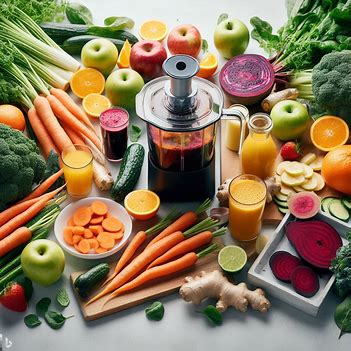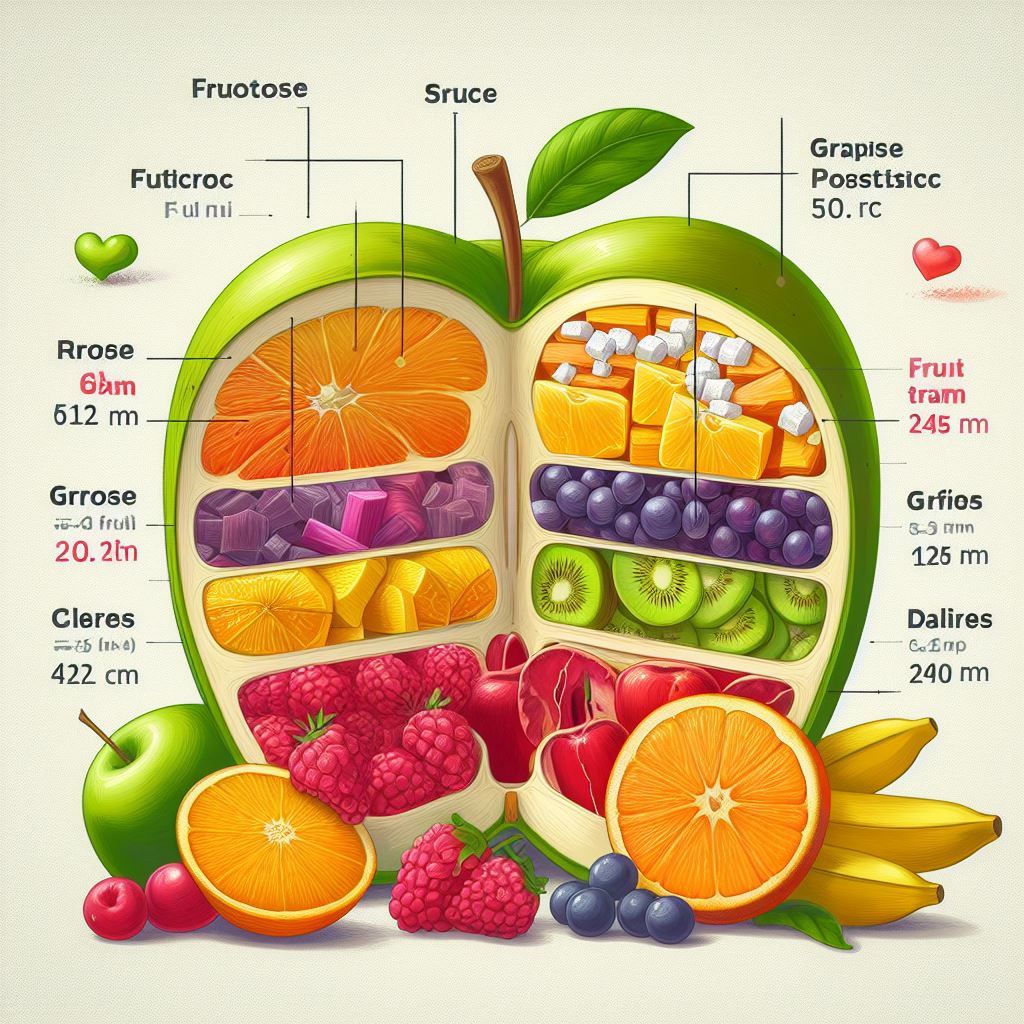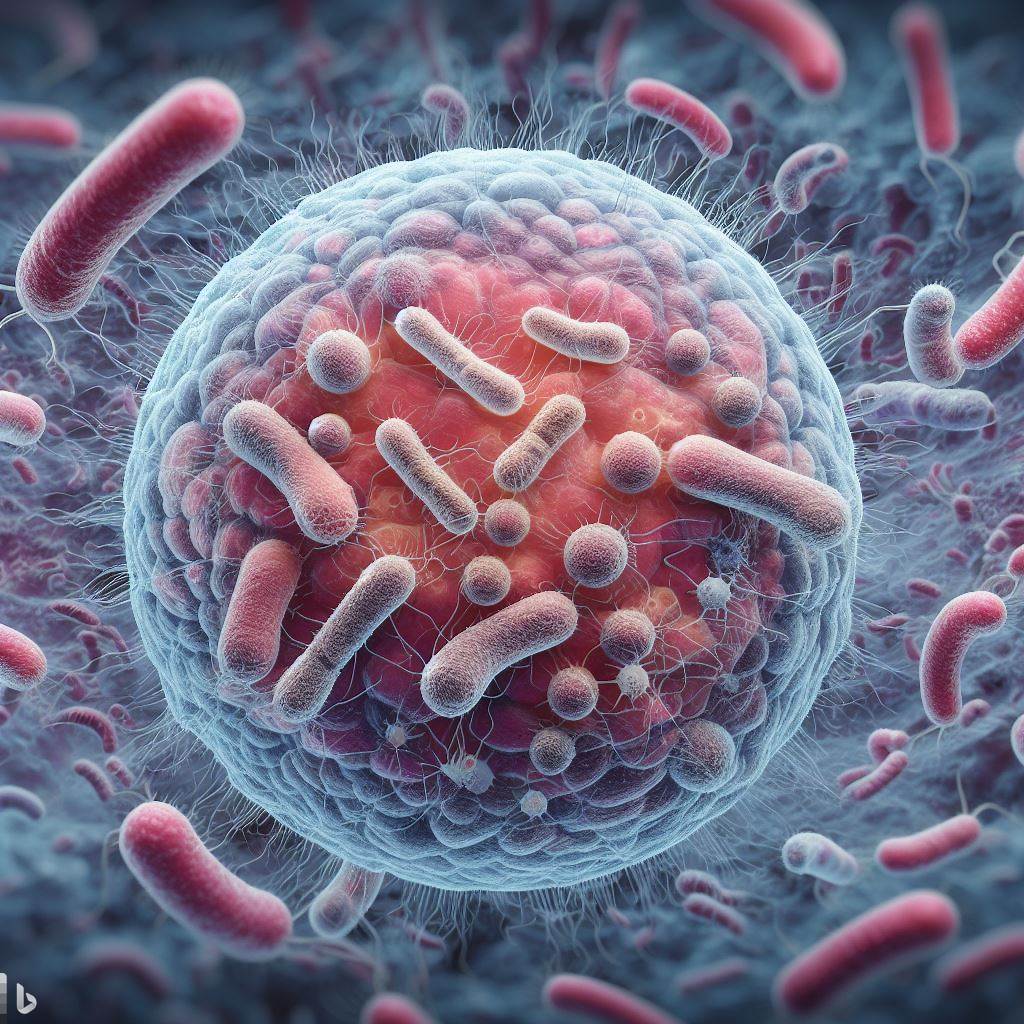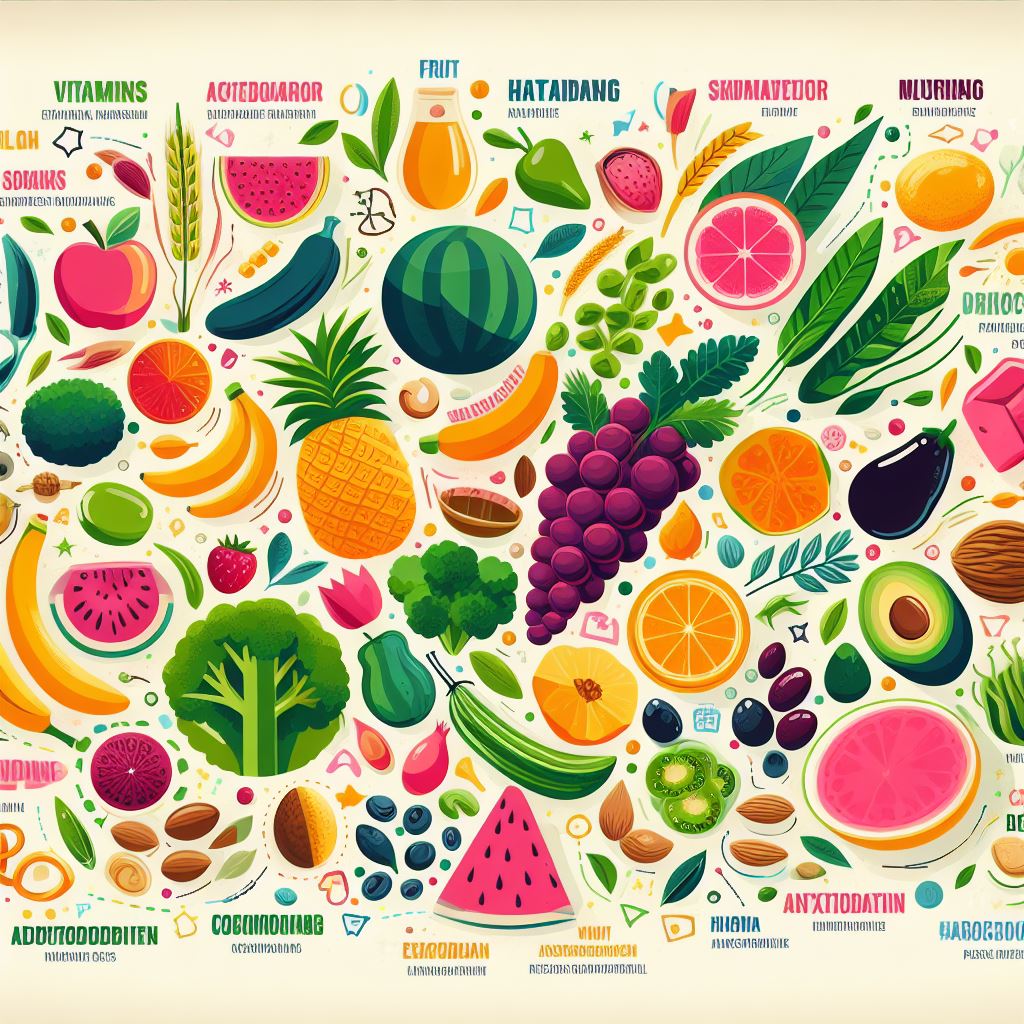Fresh juice is often considered a healthy and delicious way to get more vitamins and minerals from fruits and vegetables. However, drinking fresh juice for a long time may not be as beneficial as you think. Here are some of the disadvantages of drinking fresh juice for a long time:
Missing out on fiber and other nutrients
When you juice fruits and vegetables, you remove most of the pulp, seeds, and skin, which contain fiber and other phytochemicals that have health benefits.

Fiber helps regulate your digestion, lower your cholesterol, and control your blood sugar. Phytochemicals are plant compounds that have antioxidant, anti-inflammatory, and anti-cancer effects.
By drinking only the juice, you may miss out on these important nutrients that are found in the whole fruits and vegetables.
Consuming too much sugar and calories
Fruits and vegetables contain natural sugars that give them their sweet taste.

However, when you juice them, you concentrate the sugars and lose the fiber that slows down their absorption. This means that drinking fresh juice can spike your blood sugar levels and cause insulin resistance over time.
Insulin resistance is a condition that increases your risk of type 2 diabetes and heart disease. Moreover, drinking fresh juice can also add extra calories to your diet, especially if you add sweeteners or other ingredients.
Excess calories can lead to weight gain and obesity, which are also risk factors for chronic diseases.
Exposure to harmful bacteria and toxins
Fresh juice that is not consumed immediately or stored properly can become contaminated with bacteria and cause food poisoning.

Symptoms of food poisoning include nausea, vomiting, diarrhea, and abdominal cramps. To prevent this, you should always wash your fruits and vegetables thoroughly, use a clean juicer, and drink your juice as soon as possible.
You should also avoid unpasteurized juice, which may contain harmful pathogens like E. coli and Salmonella. Additionally, some fruits and vegetables may contain pesticides and other chemicals that can accumulate in your body and cause health problems.
To avoid this, you should choose organic produce or wash them well before juicing.
Develop nutrient deficiencies and imbalances
Drinking fresh juice for a long time may not provide you with enough protein, fat, and other essential nutrients that your body needs.

Protein and fat are important for building and repairing your tissues, hormones, and enzymes. They also help you feel full and satisfied after a meal. Other essential nutrients include calcium, iron, zinc, and vitamin B12, which are involved in various functions like bone health, blood formation, immune system, and nerve function.
If you don’t get enough of these nutrients from your diet, you may develop deficiencies and imbalances that can affect your health and well-being.
Conclusion
As you can see, drinking fresh juice for a long time has many disadvantages that can outweigh its benefits.
Therefore, you should limit your intake of fresh juice and consume more whole fruits and vegetables instead.
This way, you can enjoy the full range of nutrients and health benefits that they offer.




